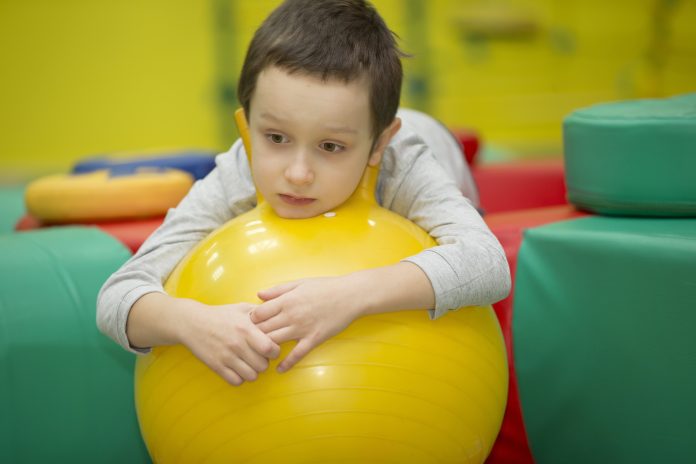Parents across the US with children who have complex medical conditions (CMCs) are more likely to have mental health issues and lack community support, according to new research
The COVID pandemic universally emphasised conditions of life for those who were already in difficulties before the virus emerged. For those living with domestic abuse, the lockdown created an increasingly tenuous situation, which could lead to disrupted learning for children stuck in such homes. For others with suicidal feelings, the loneliness brought to centre-stage any feelings that these people were attempting to escape, minus the escape. For people of colour across white-majority countries, existing health inequalities rose to the fore in direct relation to COVID hospitalisations and deaths.
Mental health is described both in the UK and US as a shadow pandemic, inflicted on frontline healthcare workers who would gain mental health issues via the stress of a life and death fight.
But the mental health issues of parents of children with complex medical conditions are a subject that has been largely unexamined, until now. In the US, complex medical conditions are the life experience of 1% of children – who have multiple chronic health conditions and disabilities and frequently need healthcare services. Some examples are serious congenital heart defects, or genetic disorders.
Because these needs are constant, families have to learn to balance these medical responsibilities with other responsibilities.
‘It is our job to recognise the parents’ needs’, says Dr Bayer
Nathaniel Bayer, M.D., assistant professor and pediatric hospitalist at Golisano Children’s Hospital in the URMC Department of Pediatrics and lead author of the study, said: “As we partner with these families, we need to make sure we’re taking care of the parents as well as the children. It is our job as pediatricians and health care teams to recognize the parents’ needs and connect them to services.”
When it comes to accessing mental health help for themselves, the researchers believe there are class barriers. Often, the families who are not financially well-off face hard decisions on how to invest their energy and money.
Some families lack the resources
Dr Bayer further said: “Families of lower SES often do not have the resources to easily access services. They may lack the transportation to travel to the clinic or struggle to find community resources in their area. If your family is also struggling to put food on the table or keep the lights on, it’s harder to manage your child’s medical needs and take care of yourself.”
Neighbourhood disadvantage is also linked to healthcare inequality alongside CMC issues, as highlighted by this COVID-related study.
Divyangana Rakesh, in a separate study, explained: “Providing children with better home and school environments where they feel supported, receive positive feedback, and have opportunities to engage in different activities, can offset some of the negative effects of neighborhood disadvantage on children’s brain development.”
15% of parents have access to peer support groups
Only 15 percent of parents of CMC reported access to peer support groups, which are essential sources of mental health support. Dr Bayer and the team suggest that hospitals should suggest peer-to-peer support groups and grow family advisory councils to support the health and emotional wellness of caregivers with chronically ill children.
“Mental health is a part of health,” said Dr Bayer, “Parent and caregiver mental health is a major issue that has a significant impact on children’s health. We need to talk more about parent mental health, screen for it more, and proactively support it.”











